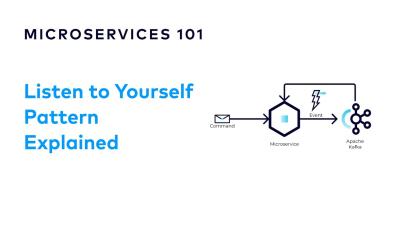Enhancing Software Testing with Large Language Models: Navigating the Challenge of Hallucinations
Software testing is an indispensable stage in the software development lifecycle, tasked with verifying application reliability, security, and performance before deployment. This process evaluates software components to ensure they adhere to specified requirements and perform reliably under varied conditions.











